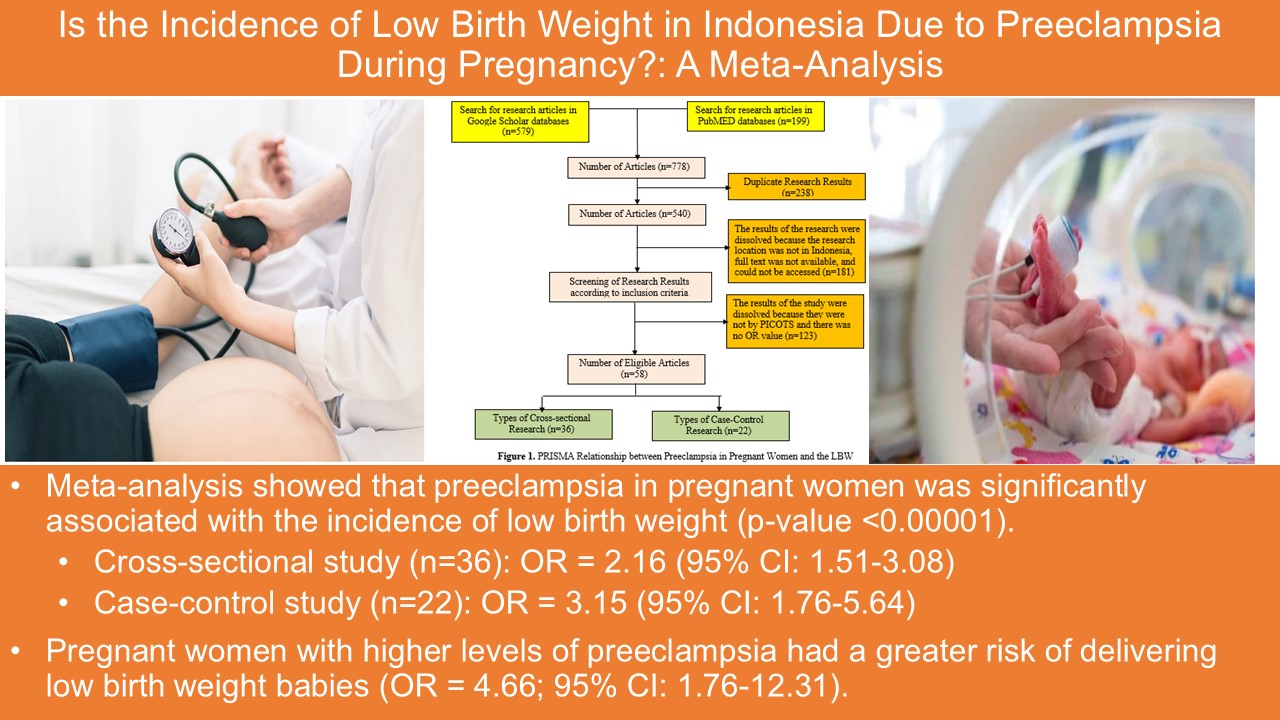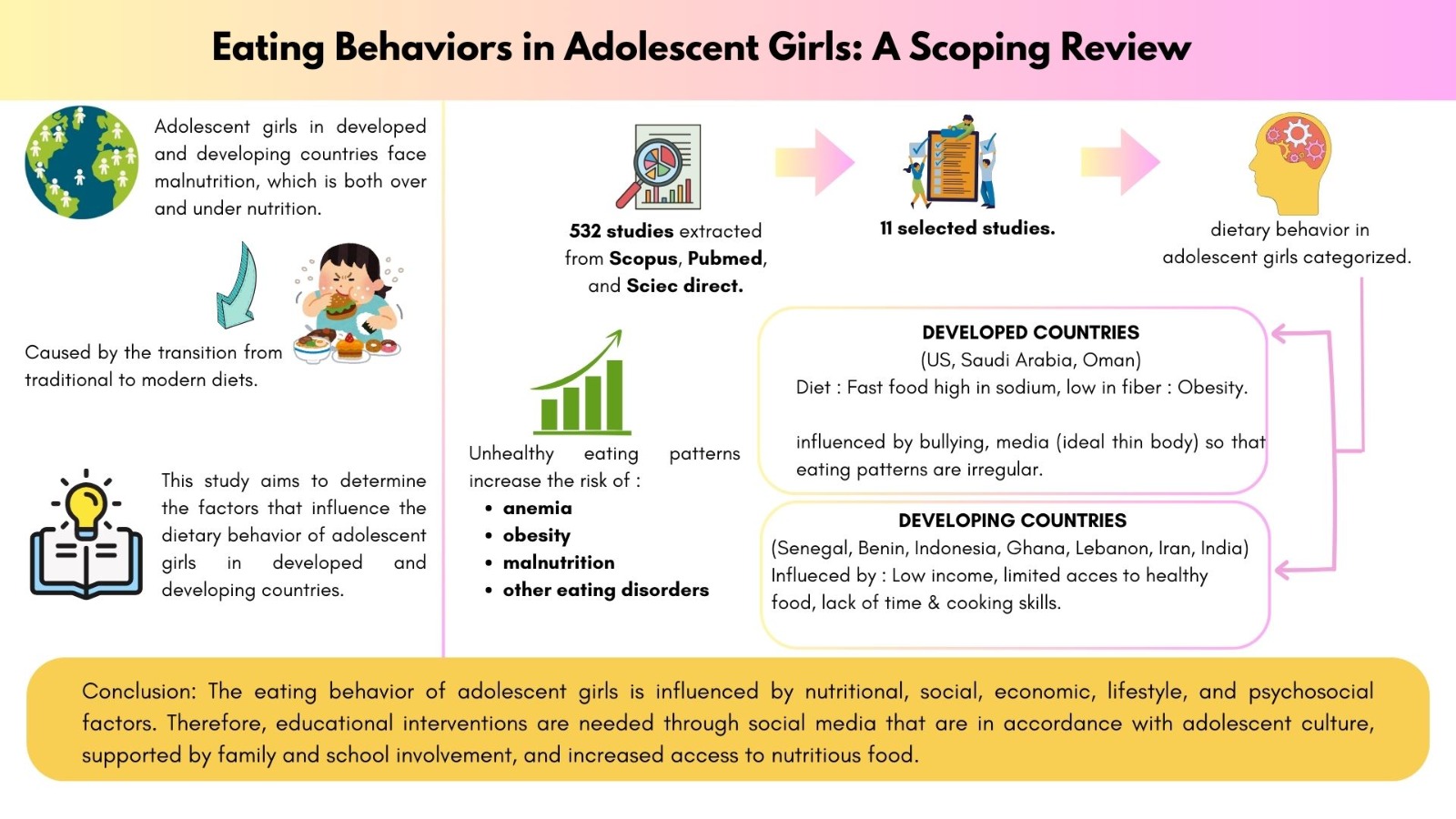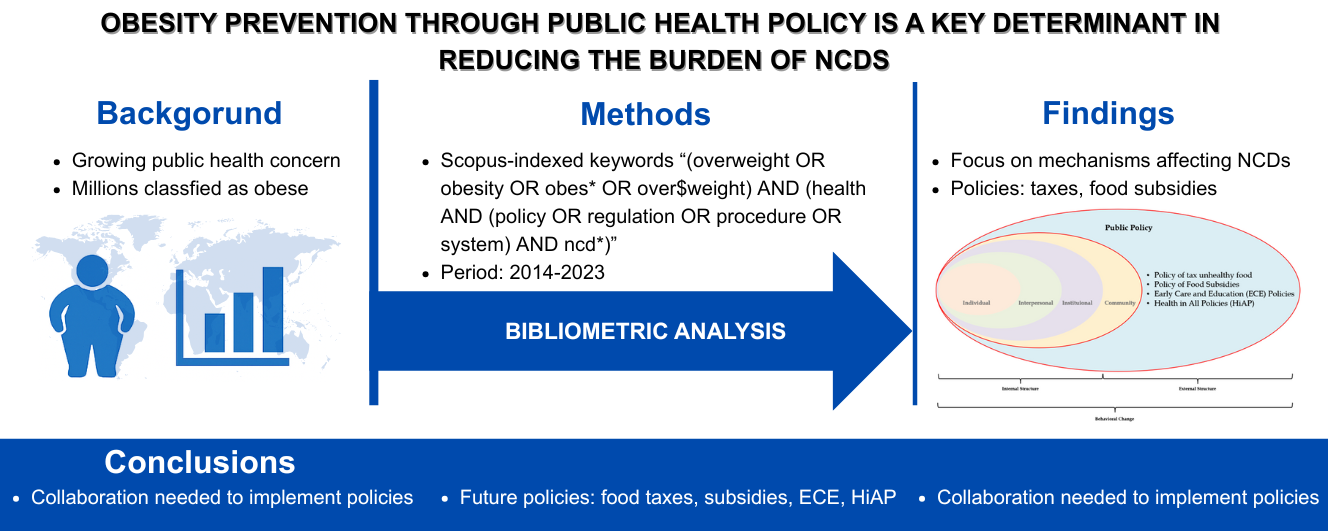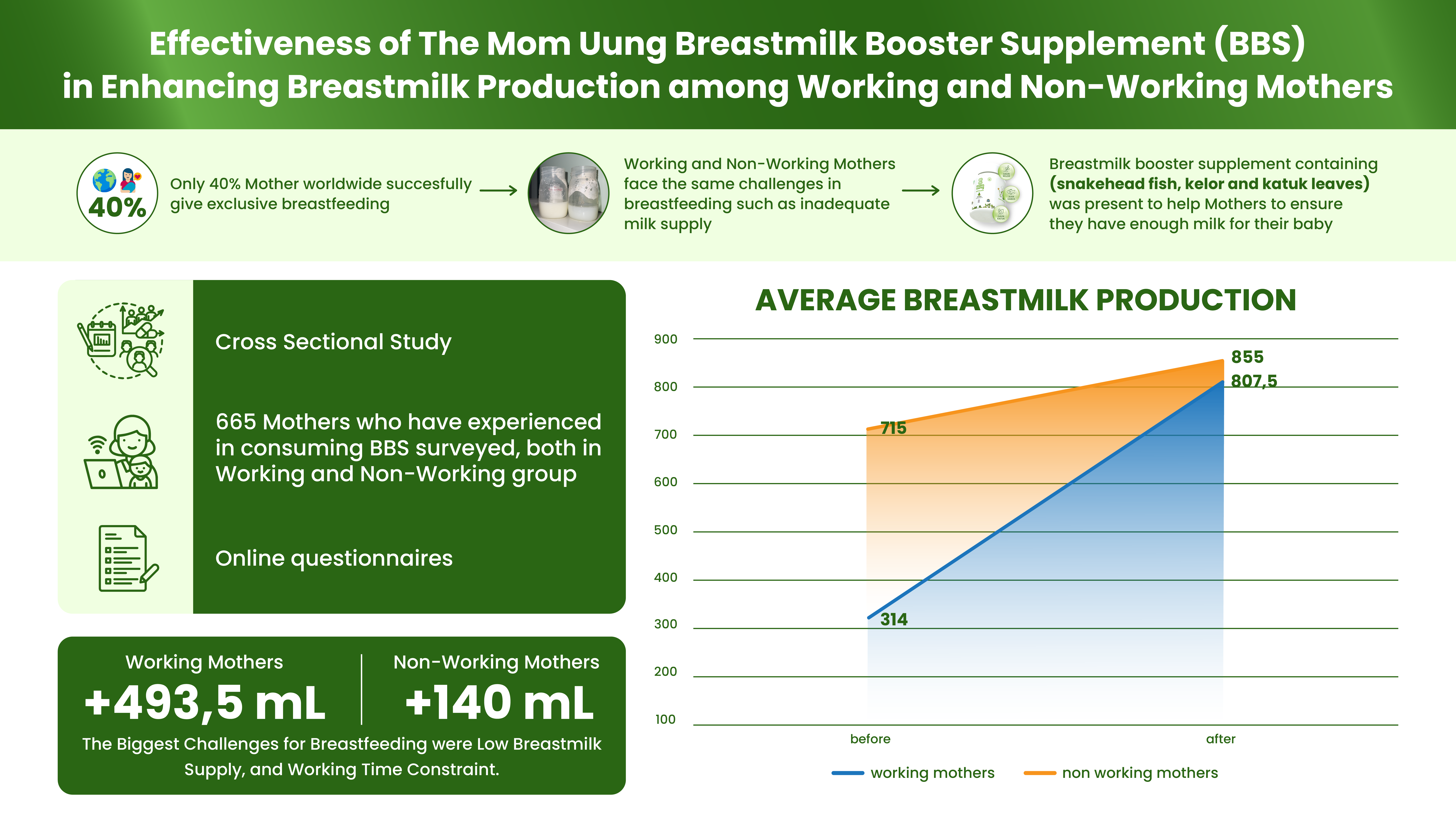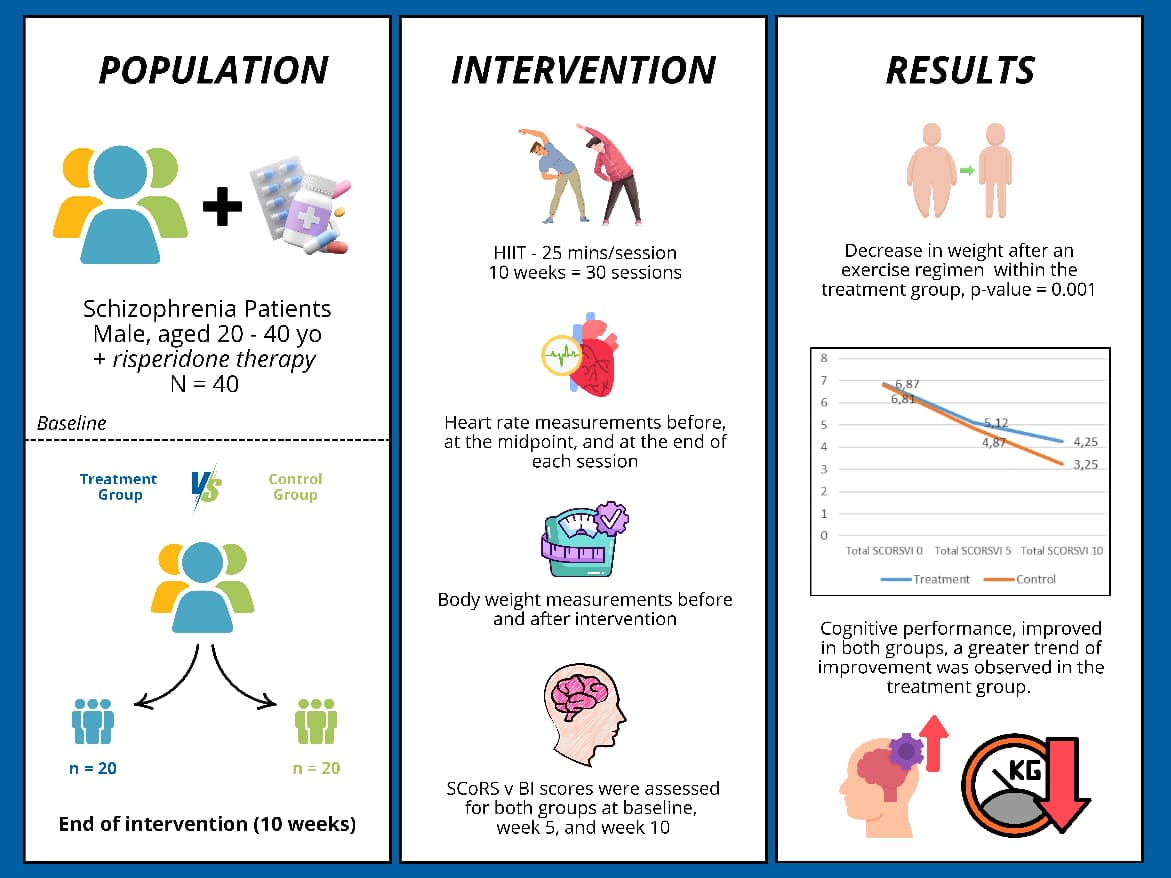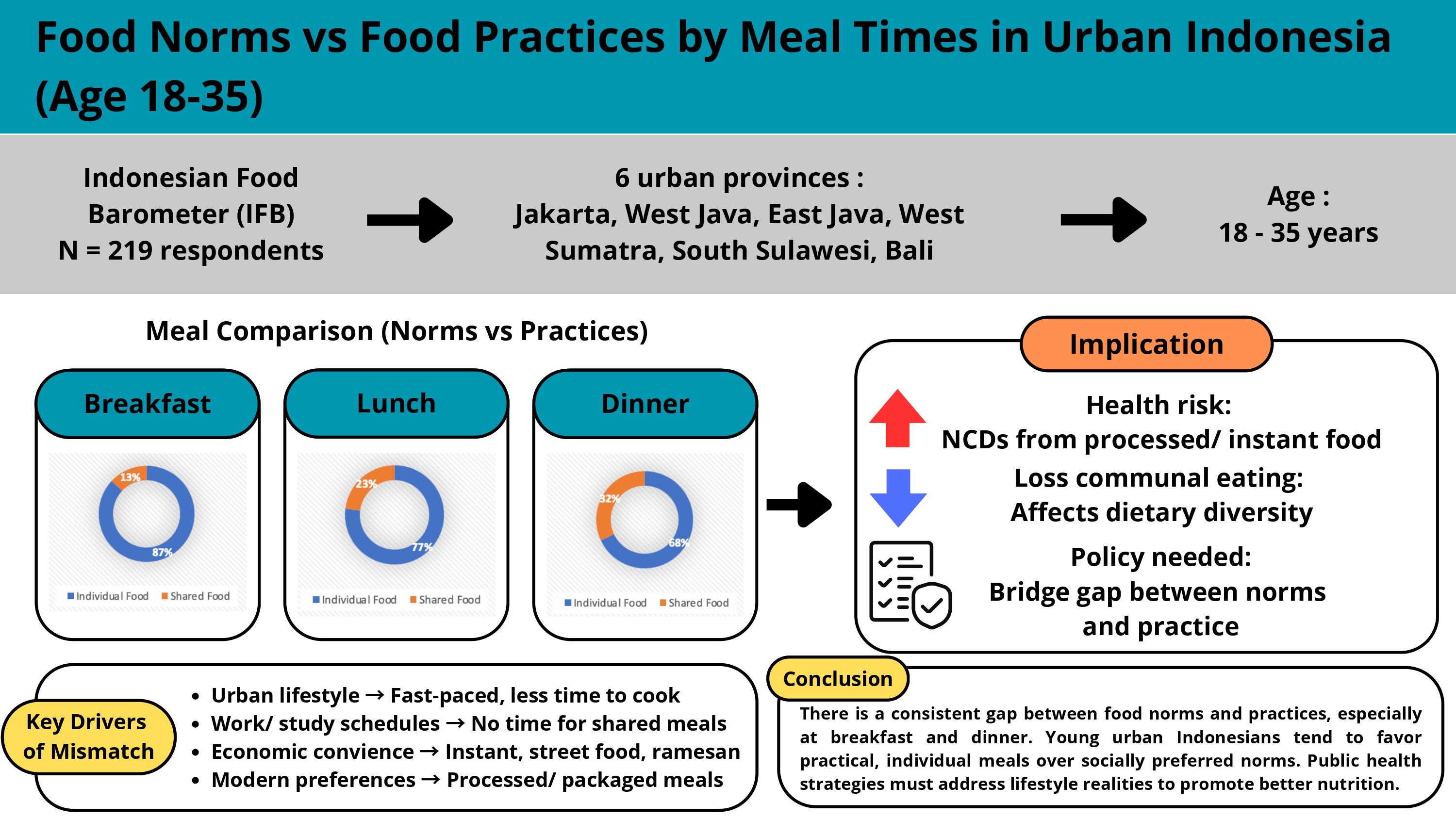KETAHANAN PANGAN DAN COPING STRATEGY RUMAH TANGGA URBAN FARMING PERTANIAN DAN PERIKANAN KOTA SURABAYA
Downloads
Rapid urbanization in urban areas causes dissimilarity of food access in each household. It is become one of urban food security problem. Urban farming is a strategy to improve food access in urban areas. The purpose of this study was to analyze the difference in food security and coping strategy of agriculture and fisheries urban farming households. This observational study used a cross-sectional design. A sample of 62 households were divided into 2 groups: agriculture and fisheries urban farming households. Food security was assessed by United States Household Food Security Survey Module (US-HFSSM) questionnaire while coping strategy was assessed by Reduced Coping Strategy Index (RCSI) questionnaire. The difference of household food security and coping strategy in both groups was analyzed by Chi square test. A total of 64,7% household in agriculture group were in food secured, while 75% households in fishery group were in food insecure with severe hunger degrees. There was no difference of household food security between agriculture and fisheries urban farming group (p = 0,255), although two groups had different in food security status. Most of agriculture urban farming household has RCSI score <14 (65,6%), while the majority of fishery urban farming household has RCSI score ≥ 14 (66,7%). There was a difference of coping strategy between agriculture and fishery urban farming household (p = 0,021). Agriculture urban farming households were secured and rarely do coping strategy compared to fishery urban farming households. Government programs to improve food security should be more focused on groups of fishery urban farming households.
Keywords: coping strategy, food security, household, urban farming
Anggrayni, F.M. (2015). Pola konsumsi, coping strategy dan ketahanan pangan rumah tangga peserta urban farming pertanian dan urban farming perikanan kota Surabaya (Skripsi yang tidak dipublikasikan). Universitas Airlangga, Surabaya, Indonesia.
Badan Pusat Statistik. (2013). Rata-rata konsumsi kalori dan protein per kapita per hari menurut provinsi, 2007-2013. Diakses dari http://www. bps.go.id/linkTabelStatis/view/id/951
Badan Pusat Statistik (2014). Jumlah dan persentase penduduk miskin, garis kemiskinan, indeks kedalaman kemiskinan (P1) dan indeks keparahan kemiskinan (P2) menurut provinsi. Diakses dari http://www.bps.go.id/ linkTabelStatis/view/id/1488.
FAO. (2006). FAO's agriculture and development economics division (ESA) with support from the fao netherlands partnership programme (FNPP) and the EC-FAO food security programme. Policy Brief, Issue 2.
FAO. (2011). The place of urban and peri-urban agriculture (upa) in national food security programmes. Roma, Italia: Author.
Food and Nutrition Security Monitoring System (FNSMS). (2009). Food and nutrition security bulletin east java province. FNSMS Bulletin Eeast Java, 1(1), 1–10.
Frayne, B., Battersby-Lennard, J., Fincham, R.,& Haysom, G. (2009). Urban food security in South Africa: case study of Cape Town, Msunduzi and Johannesburg. Development Planning Division Working Paper Series, (15), 14-15. Diakses dari http://www.ruaf.org/ ruaf_bieb/upload/3455.pdf.
Kurniasih, M. (2015). Implementasi program urban farming sebagai strategi pembangunan ketahanan pangan perkotaan (studi di Kelurahan Made, Kecamatan Sambikerep, Kota Surabaya). Jurnal Admistrasi Publik, 3(3), 52-72. Diakses darihttp://administrasipublik.studentjournal. ub.ac.id/index.php/jap/article/view/818.
Kyaw, D. (2009). Rural household's food security status and coping strategies to food insecurity in Myanmar. Institute of Developing Economies, Japan External Trade Organization. Diakses dari http://www.ide.go.jp/English/Publish/ Download/Vrf/pdf/444.pdf.
Mangkoeto, R.R. (2009). Analisis pengaruh food coping strategy terhadap ketahanan pangan rumah tangga petani di Kabupaten Lebah Banten (Skripsi, Institut Pertanian Bogor, Indonesia).
Nughent, R., & Egal, F. (2000). Urban and peri- urban agriculture, household food security and nutrition. Paper presented at the electronic conference Urban and Peri-urban Agriculture on the Policy Agenda FAO.
Pemerintah Kota Surabaya. (2010). Laporan akhir evaluasi pelaksanaan urban farming. Surabaya, Indonesia: Author.
Purlika, A. (2004). Studi food coping mechanism pada rumah tangga miskin di daerah perkotaan (Skripsi, Institut Pertanian Bogor, Bogor, Indonesia). Diakses dari http://repository.ipb. ac.id/bitstream/handle/123456789/21355/ A04apu1.pdf?sequence=1&isAllowed=y
Rachman, H.P.S., Ariani, M., Purwantini. T.B. (2004). Distribusi provinsi di indonesia menurut derajat ketahanan pangan rumah tangga: Bogor. Pusat Analisis Sosial Ekonomi dan Kebijakan Pertanian, 3(2), 13–23.
Rahmawati, A. W. (2012). Perbedaan ketahanan pangan rumah tangga, keragaman konsumsi pangan dan status gizi balita pada rumah tangga di kawasan pertanian dan non pertanian kota (Skripsi yang tidak dipublikasikan). Universitas Airlangga, Surabaya, Indonesia.
Sari, A.K., & Andrias, D.R. (2013). Faktor sosial ekonomi yang berhubungan dengan ketahanan pangan rumah tangga nelayan perkotaan di Surabaya. Media Gizi Indonesia, 9(1), 54–59. Diakses dari http://journal.unair.ac.id/download- fullpapers-mgi7e9229f728full.pdf.html
World Bank. (2013). Urban agriculture findings from four city case studies (Information series No. 18). Washington DC, USA: The World Bank.
- MEDIA GIZI INDONESIA Journal is the copyright owner of all materials published on this website.
- The formal legal provisions for access to digital articles of this electronic journal are subject to the terms of the Creative Commons Attribution-NonCommercial-ShareAlike license (CC BY-NC-SA 4.0), which means that MEDIA GIZI INDONESIA Journal and readers reserve the right to save, transmit media / format, manage in database, maintain, and publish articles as long as it continues to include the name of the Author.
- Printed and published print and electronic manuscripts are open access for educational, research and library purposes. In addition to these objectives, the editorial board shall not be liable for violations of copyright law.


2.png)















